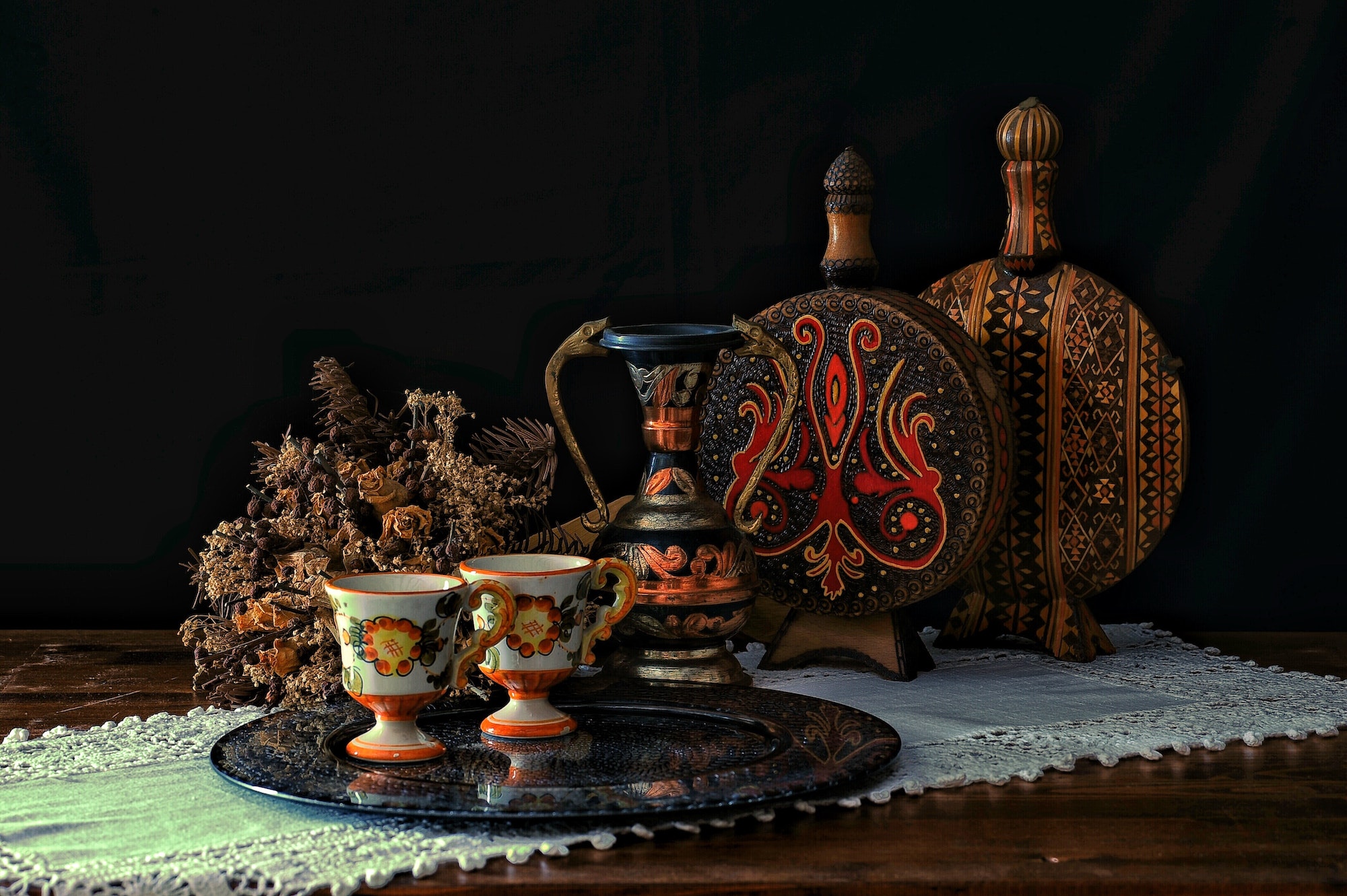Understanding Antiques Prices: A Guide for Collectors and Buyers

Introduction:
Antiques are objects that are at least 100 years old and are valued for their historical, cultural, and aesthetic significance. However, determining the value of an antique can be a complex process that involves various factors. In this guide, we’ll explore how to understand antique prices and provide tips for collectors and buyers.
Factors that Affect Antiques Prices
- Rarity: The rarer an antique is, the more valuable it is likely to be.
- Condition: The better the condition of an antique, the higher its value.
- Provenance: An antique with a known history of ownership by a famous or influential person may have a higher value.
- Age: The older an antique is, the more valuable it may be.
- Demand: The more popular an antique is among collectors and buyers, the higher its value may be.
Researching Antiques Prices
- Check auction results: Auction results can provide an idea of how much similar antiques have sold for.
- Consult price guides: Price guides can provide a general idea of how much an antique is worth, but it’s important to remember that they are only estimates.
- Seek professional appraisals: A professional appraiser can provide an accurate assessment of an antique’s value.
Tips for Buying Antiques
- Buy from reputable dealers: Reputable dealers can provide a guarantee of authenticity and may have expertise in their area of specialisation.
- Know what you’re looking for: Research the type of antique you’re interested in and familiarise yourself with its characteristics.
- Be wary of fakes: Counterfeit antiques are common, so it’s important to be cautious and do your research before making a purchase.
Conclusion:
Understanding antique prices can be a daunting task, but by considering the factors that affect value, researching prices, and following these tips for buying, collectors and buyers can make informed decisions. Remember to always do your due diligence and consult with professionals to ensure that you’re making a wise investment.



